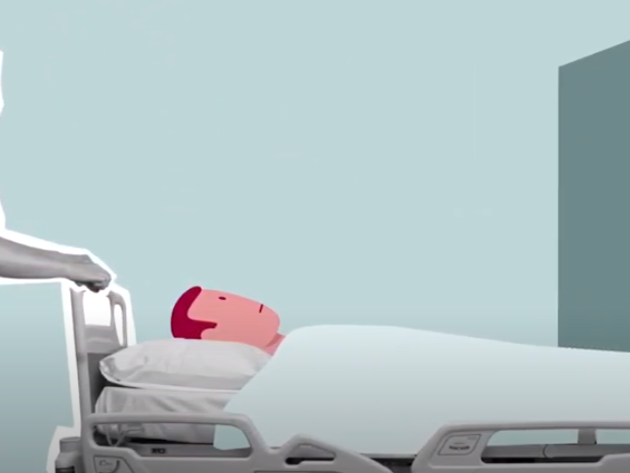Surgery for basal cell cancer
Basal cell cancer and squamous cell cancer are usually surgically removed under local anesthesia.
Most forms of skin cancer can be removed by a dermatologist. Certain cases will require treatment by head and neck surgeons, plastic surgeons, or surgical oncologists. Once removed, the tissue will be sent in for tissue testing. The procedure will cause scarring.
More information
Surgery for skin cancer - what to expect?
Most basal cell cancer and squamous cell cancer are surgically removed under local anesthesia. Your surgeon will remove some additional tissue around the margins to see if the cancer cells have spread to the surrounding tissue.
If you have a larger tumor, or one with an unusual growth pattern, your surgeon will need to remove additional tissue from the margins. Once the surgery is completed, the opening will be stitched back up, either by connecting the edges directly or by loosening and moving the surrounding skin over the wound.
Efficacy
We always try to completely remove the lesion in one session.
Preoperative screening
Before your surgery, you will be invited to meet with your anesthesiologist at the outpatient clinic for a consultation and a brief examination to assess your overall shape and any potential particularities we will need to keep in mind. The consultation assistant will measure your heart rate and blood pressure and will inquire about your height and weight. If needed, we can take those measurements during the appointment.
This preoperative screening will take approximately 20 minutes and will form the base of your anesthesia. Your anesthesiologist will listen to your lungs and heart and inspect your mouth and throat in preparation for the breathing tube that will be placed during surgery. Your anesthesiologist will also ask you:
- whether you have been under anesthesia before
- whether you have any other conditions
- whether you have taken cancer medicine before
- whether you have had radiation treatment before
- whether you have any allergies
- whether you smoke
- whether you drink alcohol
- what kind of medication you take
Please inform your anesthesiologist of the type of medication and dose you take, and how often you take it. Your physician may want to run more tests before your surgery, such as an electrocardiogram (ECG), lung x-rays, a lung function test, or a blood test.
General and local anesthesia
Before your surgery you will be given general anesthesia, local anesthesia, or a combination of the two. General anesthesia means that you will be completely unconscious during surgery, whereas local anesthesia means that a part of your body will be numb and motionless.
General anesthesia
General anesthesia completely sedates your body. You will be given a cocktail of sleeping medicine, pain killers, and sometimes a muscle relaxant through IV. You will be unconscious within 30 seconds. You will be ventilated during the entire process.
If you are having major surgery, we will place a respiration tube in your throat. For smaller surgeries, a small cap in the back of the throat will suffice. We will closely monitor your heart rate, blood pressure, breathing, and temperature through our monitoring devices.
Local anesthesia
If you are given local anesthesia, you will be conscious during your surgery. Local anesthetics are usually administered through an epidural in the spine, and will temporarily numb all body parts underneath. We may place a tube to give you IV pain medication during and after surgery.
Your anesthesiologist will keep a close eye on your blood pressure, heart rate, breathing, and temperature in order to adapt the anesthesia if needed.
Most people undergoing major surgery will be given a mixture of general and local anesthetics.
Side effects
Carcinoma removal surgery is a simple procedure that rarely leads to complications.
A small number of patients develop an infection, or experience bleeding or reopening of the wound. If you experience any of these complications, please contact the clinic or your general practitioner.
The procedure will cause scarring.
After the procedure
Basal cell cancer removal is an ambulatory procedure performed under a local anesthetic. This means that you will be able to go home directly after the surgery.
We will contact you within 2 weeks to inform you about the results of the tissue analysis. We will invite you to come to the hospital for follow-up screenings with decreasing frequency.
A small number of patients experience tumor regrowth or metastases. This is one of the things we will keep an eye on during your follow-up screenings. We will also check your skin for other suspicious-looking sports.
 nl
nl
